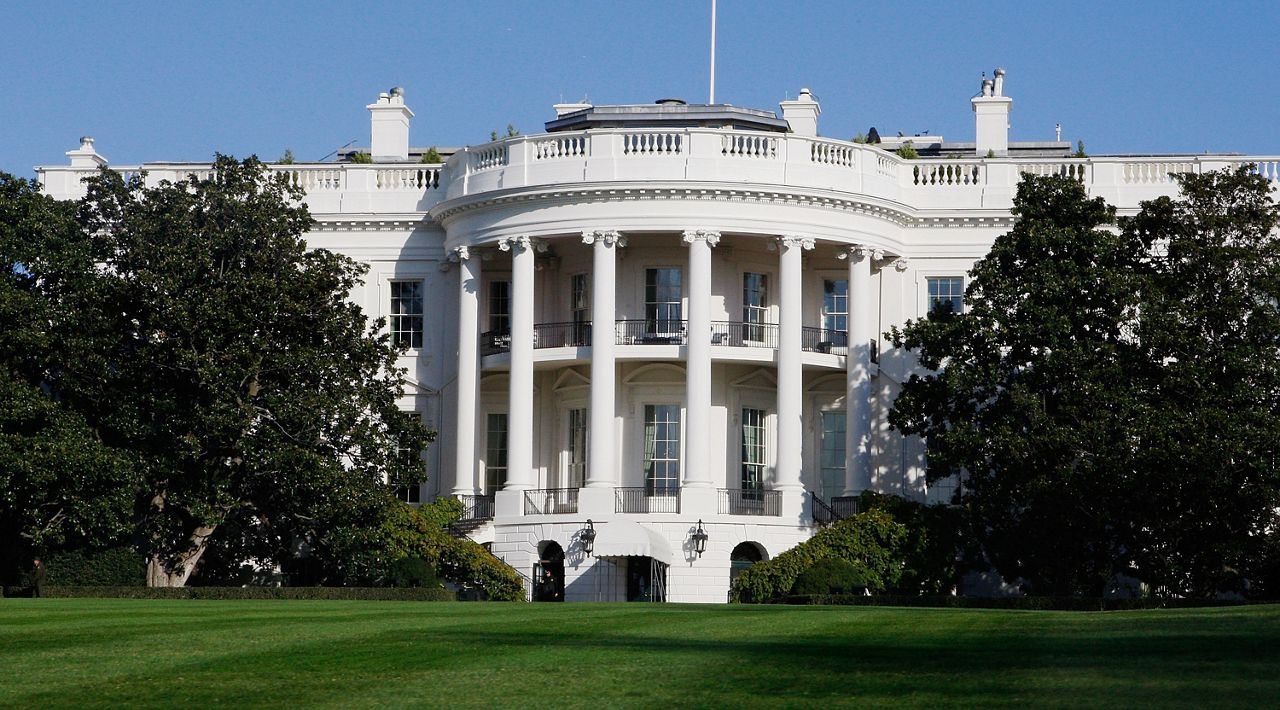The Justice Department is investigating whether there was a secret scheme to lobby White House officials for a pardon as well as a related plot to offer a hefty political contribution in exchange for clemency, according to documents unsealed by the D.C. District Court on Tuesday.
News of the investigation was first reported by CNN.
Most of the information in the 18-page court order is redacted, including the identity of the people whom prosecutors are investigating and whom the proposed pardon might be intended for.
But the document from August does reveal that people are suspected of having acted to secretly lobby White House officials to secure a pardon or sentence commutation and that, in a related scheme, a substantial political contribution was floated in exchange for a pardon.
According to the court records, Judge Beryl Howell in August reviewed a request from prosecutors seeking access to iPhones, iPads, laptops, thumb drives, computers, and external hard drives that had previously been taken from an unidentified office during a raid.
The devices, prosecutors said, contained communications about a "secret lobbying scheme" that potentially targeted White House officials.
Howell agreed, partially unsealing the documents Tuesday after “finding that there was no attorney-client or other privileged relationship protection communications involving [redacted].”
The heavily redacted document alleges two people who acted as lobbyists to senior White House officials failed to register as such under the Lobbying Disclosure Act in order to secure “a pardon or reprieve of sentence for [redacted].”
A related scheme offered "a substantial political contribution in exchange for a presidential pardon or reprieve of sentence" for a convicted defendant whose name was also redacted.
No one appears to have been charged with any crimes related to this investigation to date.
On Nov. 25, the DOJ asked the court not to unseal the memorandum, maintaining that it “identifies both individuals and conduct that have not been charged by the grand jury,” although they declined to provide recommendations on redactions for a publicly available version.
Upon review, Howell ordered a redacted version of the documents provided by the department “removing personally identifying information” be made public.
Pardons are common at the end of a president’s tenure and are occasionally politically fraught affairs as some convicted felons look to leverage connections inside the White House to secure clemency. Last week, President Donald Trump announced that he had pardoned his first national security adviser, Michael Flynn, even as a federal judge was weighing a Justice Department request to dismiss the case.
Spokespeople for the Justice Department did not immediately return a request from The Associated Press seeking comment Tuesday evening.
The Associated Press contributed to this report.



